by
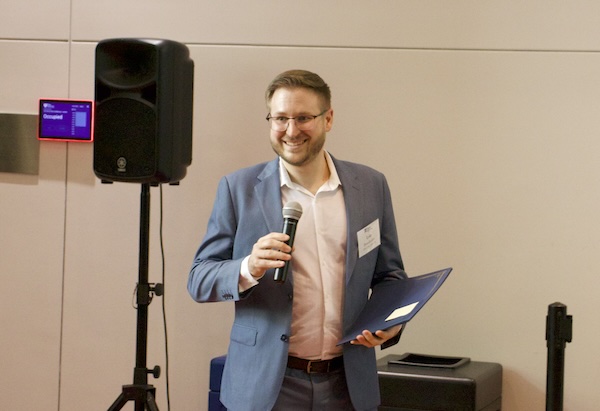
Today, Lyle Brunhofer (EAS’14, GEng’14) advises companies on digital transformations, applying the skills he learned at Penn Engineering to modernize firms’ understanding of customers in industries as diverse as pharmaceuticals and consumer products.
He also helps run Penn Engineering’s annual Senior Design Project Competition, which recruits dozens of alumni to evaluate seniors’ year-long capstone projects. As the Vice President and Senior Design Chair of the Engineering Alumni Society, Brunhofer works hand-in-hand with Bradley Richards (C’92, LPS’17), Director of Alumni Relations, to coordinate the year-long competition and multi-day concluding extravaganza — part Shark Tank, part science competition — in May.
While at Penn Engineering, Brunhofer’s own Senior Design team developed assistive technology to help those with physical disabilities interact with their environment using modular, 3D printed switches. Assist3D partnered with the HMS School for Children with Cerebral Palsy, located in West Philadelphia, to ensure that products met users’ needs. “We set out to create ability switches that would be affordable, customizable and simple, in contrast to the ability switches available on the market,” Brunhofer recalls. After graduation, the team provided the finished products to the HMS School.
As Brunhofer sees it, Senior Design instills skills far beyond the scope of typical engineering courses. “As a student, I felt that Senior Design was an extremely challenging, but rewarding experience,” he says. “It was also unlike any assignment we had been given previously.”
In a Q&A with Penn Engineering Today, Brunhofer discussed what motivates him to stay involved with Penn Engineering as an alumnus and the impact of participating in Senior Design.
How did you get involved as an alumni volunteer with Senior Design?
Senior Design was such an incredible part of my senior year and Penn Engineering experience that when I joined the Board of the Engineering Alumni Society, I knew immediately that I would focus on helping the event continue.
What do you feel makes Senior Design unique?
The mentorship. Students get to work with industry experts, faculty members, alumni and other professionals who help students hone their technical and soft skills, and foster networking opportunities for future careers.
Read the full story in Penn Engineering Today.
Lyle Brunhofer is Business Integration Manager at Accenture. He graduated with Bachelor’s and Master’s degrees in Bioengineering from the University of Pennsylvania in 2014.

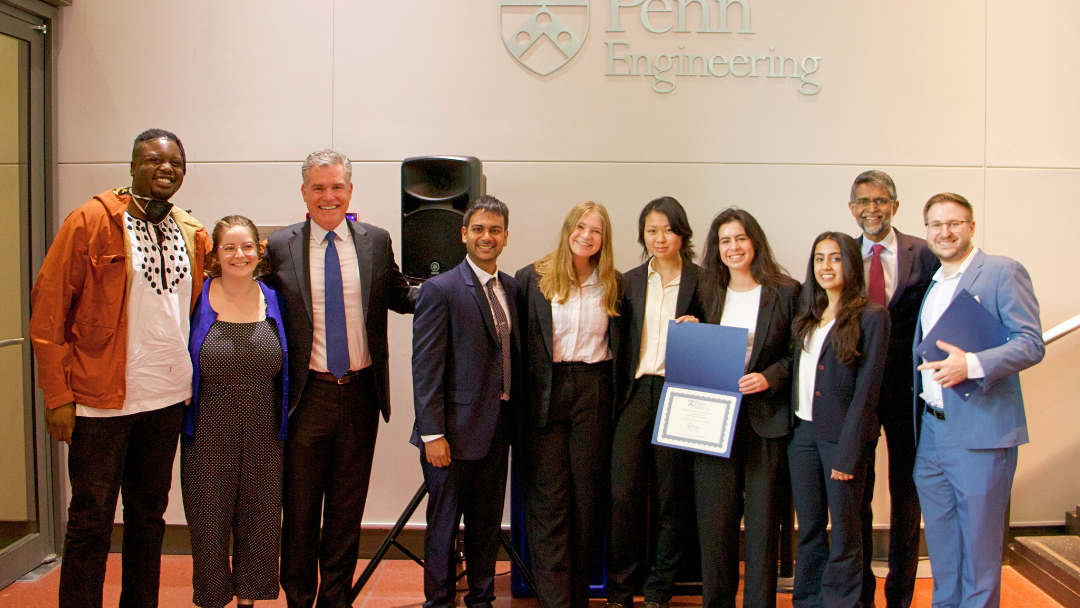

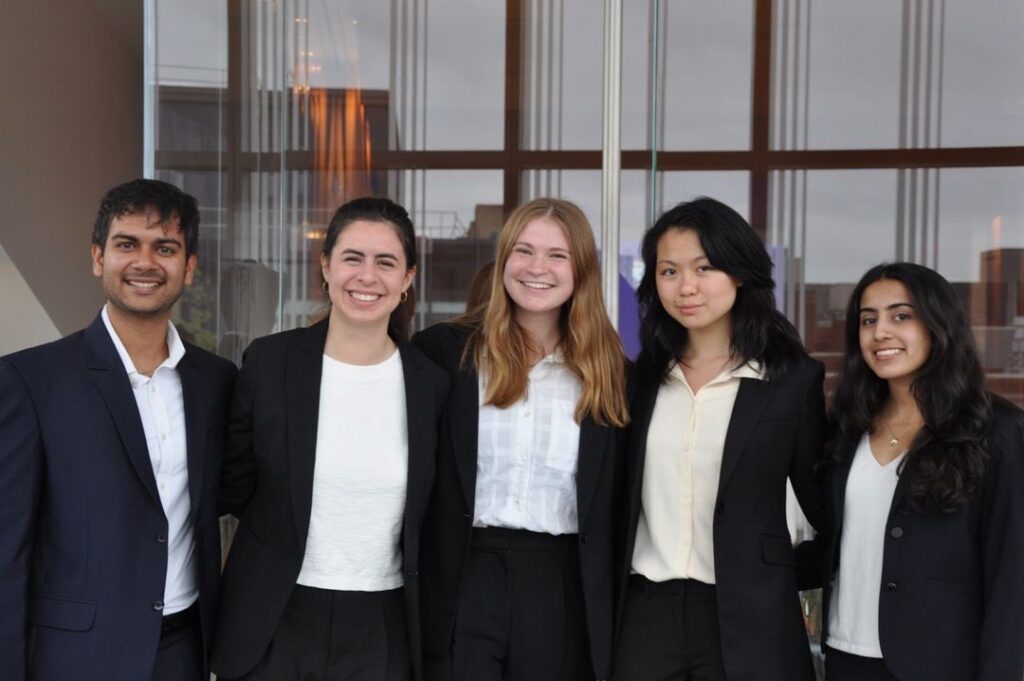
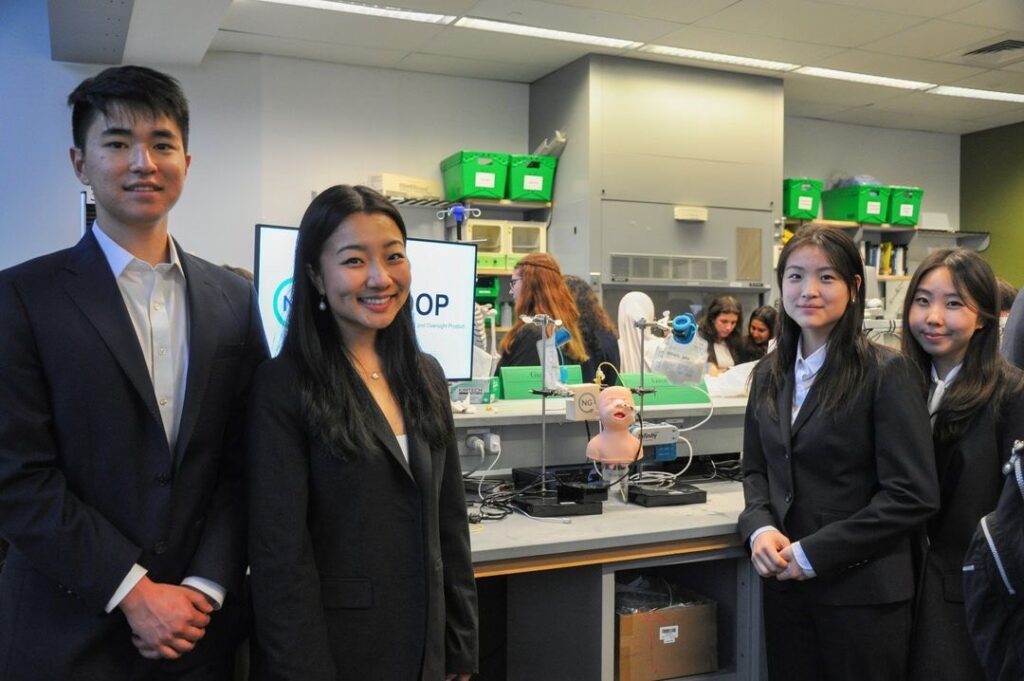
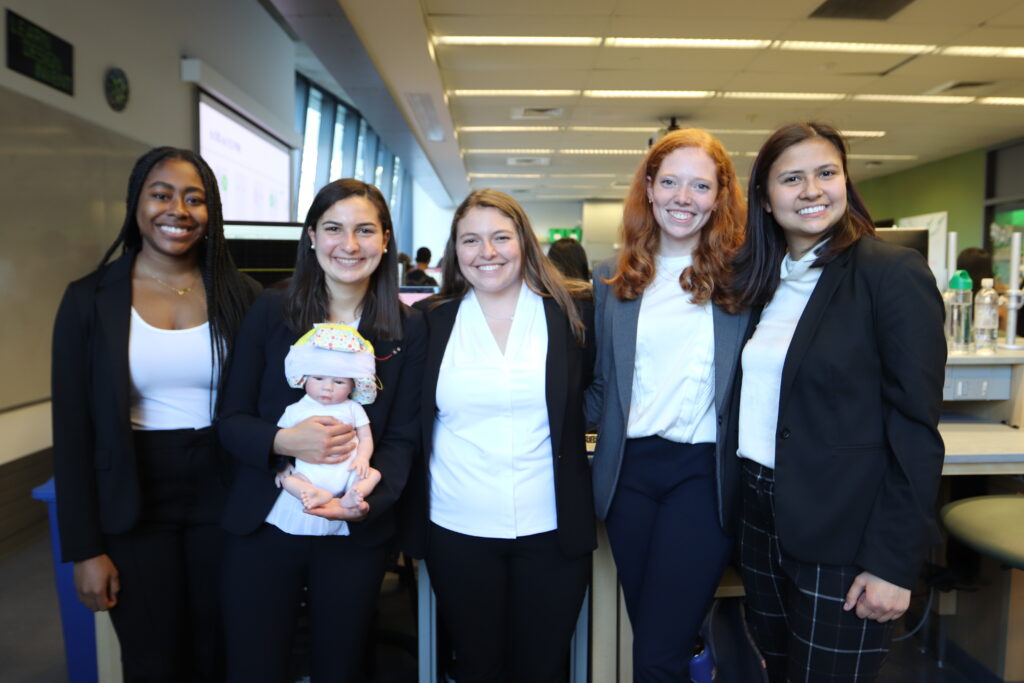
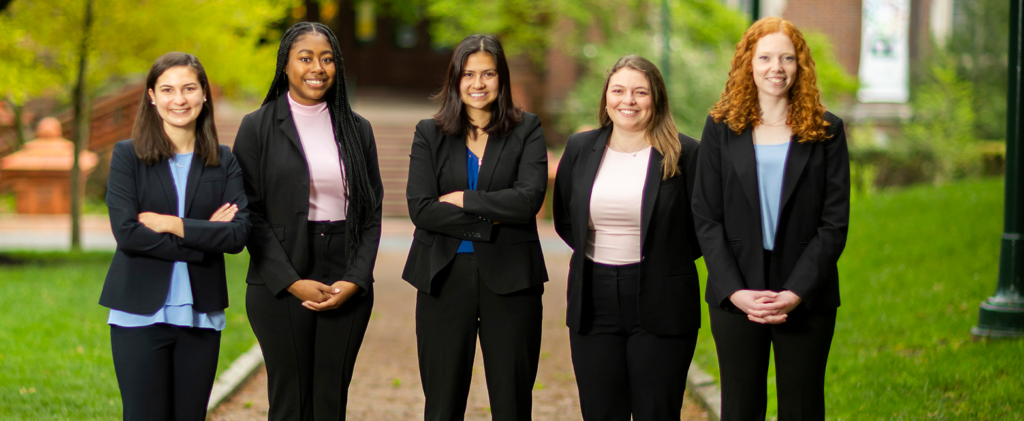
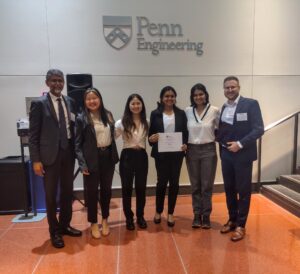
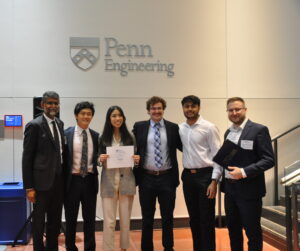 This award recognizes the group whose all-around presentation captures the best of the senior design program’s different facets: ideation, scope of project, team problem-solving, execution and presentation.
This award recognizes the group whose all-around presentation captures the best of the senior design program’s different facets: ideation, scope of project, team problem-solving, execution and presentation.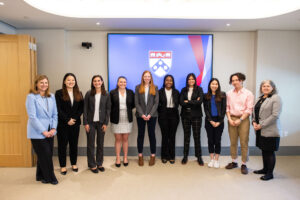

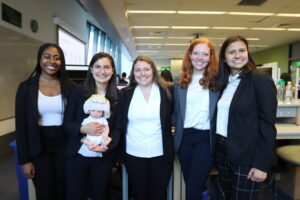
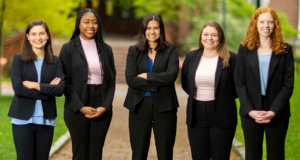
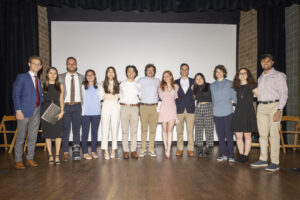 Congratulations to the Bioengineering student recipients of undergraduate awards from the
Congratulations to the Bioengineering student recipients of undergraduate awards from the